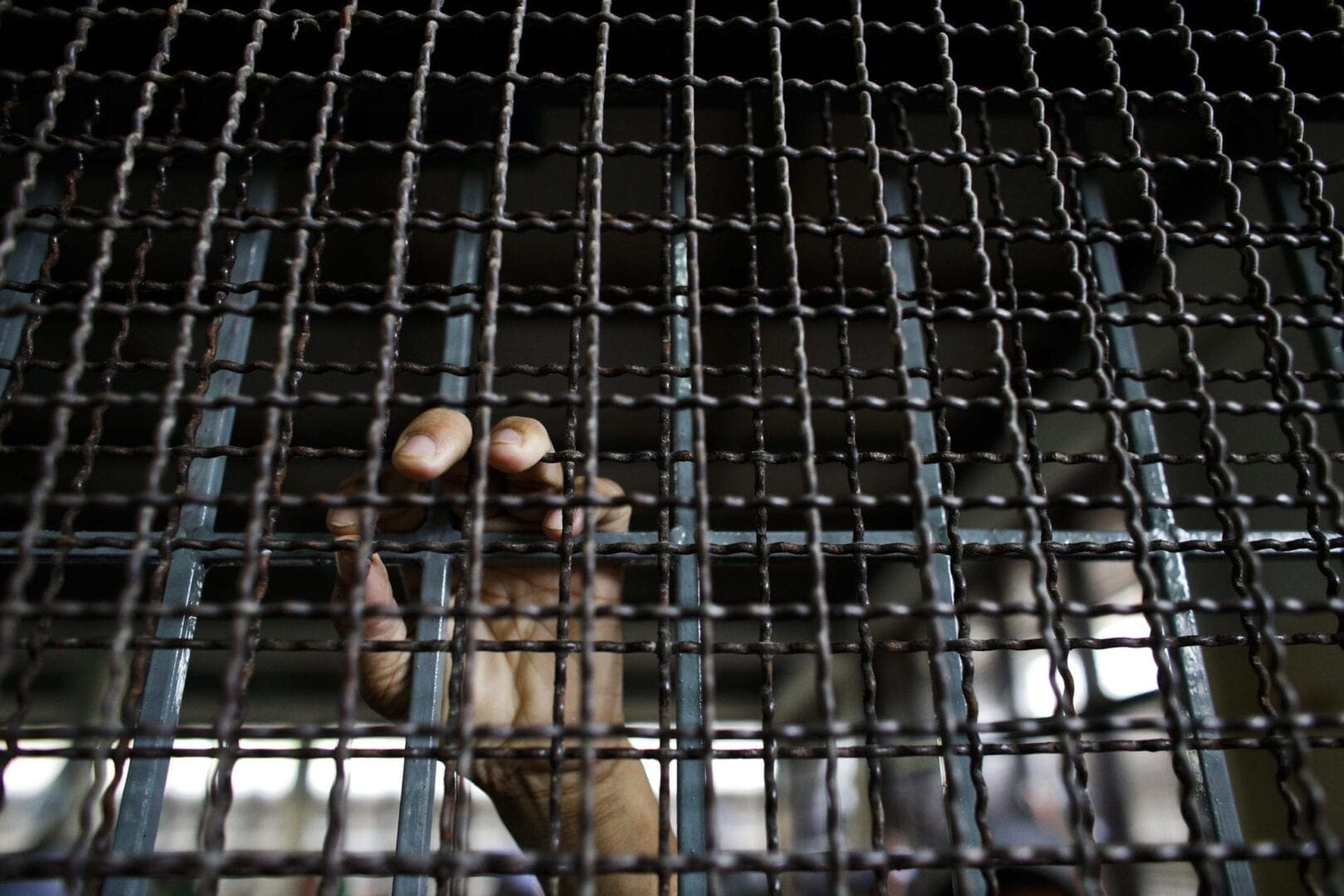Amnesty’s new report Between a Rock and a Hard Place outlines a number of failures by the Thai government in policy and practice that have a devastating impact on refugees both within the country and seeking safety there. These include Thailand’s long-standing practice of using its navy to repel boats carrying thousands of desperate Rohingya refugees and Bangladeshis; as well as its forcible return of refugees and asylum-seekers to places where they risk torture and other serious human rights violations.
The report comes just as President Trump has announced the lowest cap on refugees allowed in the country on record, in addition to an indefinite extension of his Muslim ban.
“From Myanmar to Uganda to Syria people with no other choice than to flee unimaginable violence are running out of options,” said Naureen Shah senior director of campaigns at Amnesty International USA. “The last thing the United States should be doing is adding to the cycle of misery for the world’s most vulnerable people.”
“With ethnic cleansing forcing hundreds of thousands of Rohingya out of Myanmar, Thailand urgently needs to set a regional example by adopting humane refugee policies. Instead of callously repelling people fleeing unimaginable horrors, the Thai government should ensure safe passage for those seeking international protection in Thailand,” said Audrey Gaughran, Amnesty International’s Director of Global Issues.
Rohingya exodus
In 2015, at the height of the South East Asian “boat crisis,” the Thai navy refused entry to boats carrying thousands of desperate Rohingya refugees, continuing a long-standing “push-back” policy in place during previous Thai governments.
Those who were denied entry to Thailand were forced to continue dangerous sea journeys to Indonesia or Malaysia. UNHCR estimated that 370 perished at sea during the crisis, but Amnesty International has raised concerns that the number of deaths could have been much higher.
In the past month, the Rohingya situation has escalated to critical proportions as a vicious program of ethnic cleansing targeting the population in western Myanmar has caused more than 400,000 refugees to flee the country.
Returning refugees by force to face persecution
In the past three years, the Thai government has acquiesced to pressure from foreign governments and forcibly returned people to countries where their lives and well-being are at serious risk.
Such returns violate the international legal principle of non-refoulement, an absolute ban on returning people to territories where they are at real risk of persecution or other serious human rights violations.
Amnesty International followed four cases of forcible returns involving more than one hundred people from China, Turkey and Bahrain. Many of these individuals have subsequently suffered arbitrary arrest, torture and other forms of ill-treatment. The status and conditions of some of the returnees is unknown.
The most recent case occurred in May 2017, when Thailand assisted in the extradition of the Turkish national Muhammet Furkan Sökmen from Myanmar to Turkey. Sökmen was arrested and detained after arriving in Istanbul because of his alleged connection to opponents of the Turkish government. The current status of the criminal proceedings against him is unknown.
In a similar incident, Thailand drew widespread international condemnation in 2015 after it sent 109 asylum seekers from the Uighur minority back to China, where the group has faced severe persecution for decades.
Refugees left in legal limbo
In constant fear of arrest and detention, refugees and asylum-seekers often live in miserable conditions, confined to their homes and cut off from social interactions. Many struggle to find employment, access medical care or even feed themselves and their families.
In what amounts to “constructive refoulement,” many choose to give up their asylum claims and return to their home countries rather than face the unbearable hardships of refugee life in Thailand.
“Joseph” is a Pakistani Christian human rights activist who fled to Thailand with his family after they were threatened because of their faith and Joseph’s work. They were joined in Thailand by Joseph’s sister-in-law, who escaped after being kidnapped, forced to convert to Islam, and forcibly married to a Muslim man.
In 2016, two years after arriving in Thailand, the family abandoned their asylum claim and returned to Pakistan because their life in Thailand had become untenable. Joseph told Amnesty International: “We were without money. We didn’t have anything to eat at that time…We were hungry and we were also trying to hide from the police. We didn’t have food continuously for four or five days.”
Joseph’s sister-in-law, who had been arrested in Bangkok six months earlier, also chose to return to Pakistan rather than remain in an immigration detention centre. After returning to his home country, Joseph’s home was burned down, killing his father. His sister-in-law was again abducted and returned to the household of the man she had previously been forced to marry.
Next steps
In recent years, Thailand’s military government has made important commitments to improve its treatment of refugees and asylum-seekers. Thai officials have reiterated their commitment to the principle of non-refoulement and stated that they will not return refugees and asylum-seekers to situations where they are at risk of serious human rights violations.
“The Thai government needs to turn rhetoric into action. Instead of caving in to the demands of foreign governments to return those fleeing persecution and violence, authorities should work to ensure that refugees’ rights are firmly protected under Thai law,” said Gaughran.
In the meantime, countries like the United States must not retreat from their commitments to refugees.
“In the midst of the largest refugee crisis in generations President Trump is throwing gasoline on the fire,” said Shah. “Capping our refugee levels at the lowest they’ve ever been at this point in time sends a dangerous message of encouragement to other governments looking to demonize and discriminate those seeking safety at their borders. Our policies are abandoning helpless people to a violent fate.”

